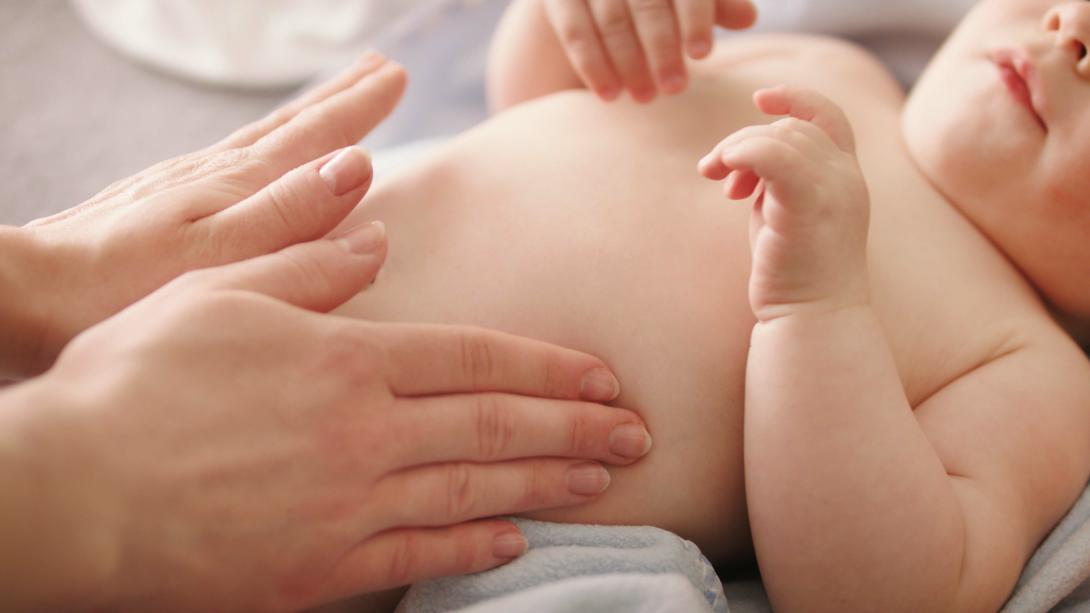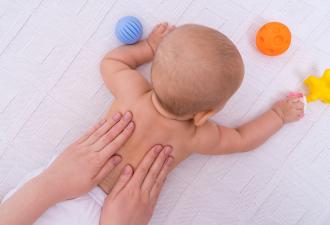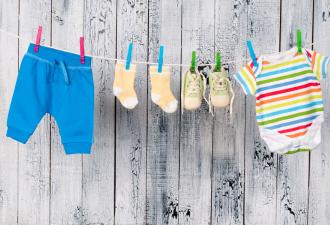
Colics
Babies usually develop colics between the second and fourth week of life. When this happens, they cry inconsolably, stretching or curling their feet and letting out gases. They may have regular crying fits that worsen in the early afternoon.
Usually, colics are due simply to an unusual physical sensitivity to a stimulus. As your baby grows, this sensitivity decreases and generally disappears around the third month.
Frequently, the colics may be due to a hernia or some other illness.
If you are breastfeeding your baby, they may be caused by hypersensitivity to some liquid or solid food you eat. The problem of colics, therefore, will pass; however, you should not just wait for it to go away; there are some things that might be worth trying to do...
• If you are breastfeeding, you should know that foods such as cabbage, caffeine, spices and especially dairy products can cause stomach upset in babies. If you are feeding your baby formula milk, try one that is not based on cow's milk or that is low in lactose, as instructed by the paediatrician. If the colics are due to a food sensitivity, they should subside one to two days after you change the formula milk.
• Take your baby on your lap or put it in a sling and walk around the house. Movement and physical contact will make it feel better.
• Lay your baby face down on your knees and rub its back gently. The pressure on its chest can relieve its pain.
• Wrap it well in a soft blanket so that it feels warmth in its abdomen.
With the generous contribution of the paediatrician Dr. Michalis Sarris.










